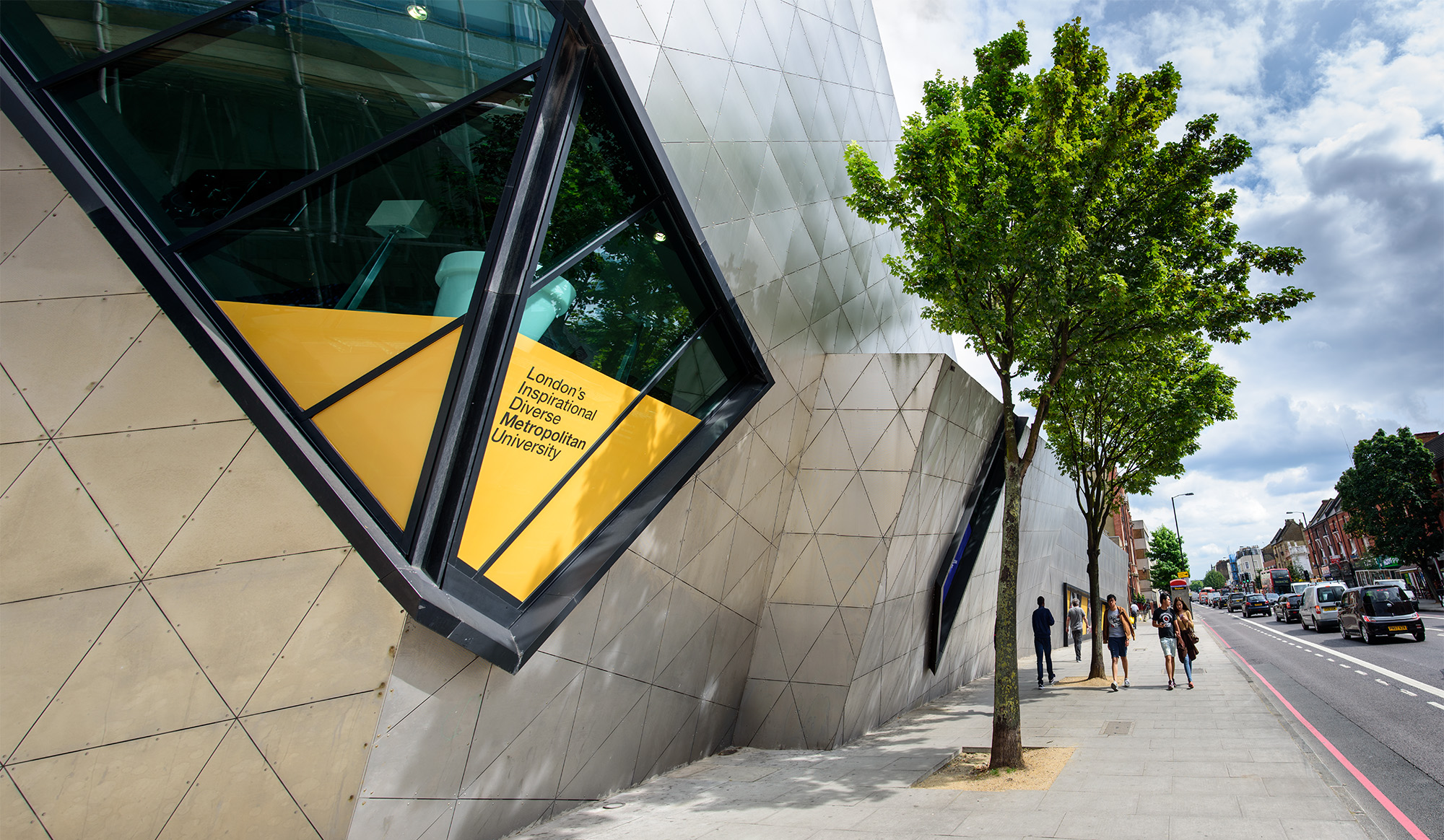- ...
Postgraduate Studentships - Search for funding opportunities.
Train to teach English with media to 11 to 16-year-olds with our Teaching Regulation Agency (TRA)-accredited course and begin your fulfilling career as a secondary school teacher. You’ll learn the principles of effective English teaching and how to develop school pupils’ love of literature.
A dedicated tutor will provide you with support throughout your training, while school placements will provide you with hands-on practical experience in the classroom.
Successful graduates of our PGCE Secondary courses achieve high results, with 95% receiving an Ofsted good or outstanding grade by the end of the course. Department for Education (DfE) bursaries are available for this course.
This Teaching Regulation Agency (TRA)-accredited PGCE Secondary English with Media course leads to Qualified Teacher Status and prepares you to teach 11 to 16-year-olds, while also giving you the opportunity to teach at a college level.
You’ll learn to equip pupils with a strong command of the spoken and written word, and to promote high standards of language and literacy. This will also help develop school pupils’ love of literature and reading for their own enjoyment.
We run this course in collaboration with the English and Media Centre (EMC), an award-winning educational charity. EMC tutors will provide you with support throughout the course, drawing on their extensive experience of consultancy for schools and running Continuing Professional Development(CPD) for teachers. You’ll continue to receive support from a dedicated EMC tutor throughout your school experience.
In addition to the University’s standard entry requirements, you should have:
We do make conditional offers (with strict deadlines) so it is important that you include all pending qualifications in your UCAS application.
The University will assess any overseas qualifications for equivalence using a number of resources including our own internal guidelines, the UK National Recognition Information Centre (NARIC) and the Overseas Degree Table.
For fee details please see here
Funding is available for many postgraduate courses leading to Qualified Teacher Status (QTS). Depending on your teaching subject and degree classification, you may be eligible for a bursary or scholarship of up to £30,000 through the teacher training bursary.
This intensive PGCE School Direct course leads to Qualified Teacher Status (QTS), which enables you to teach 11 to 16-year-olds. London Metropolitan University’s students have an excellent rate of finding teaching positions within six months of graduating, with some having gone on to work at schools including Ark Academy, East Barnet School and Kingsford Community School.
This is a year-long course.
Module 1, Curriculum Studies, includes:
Module 2, Professionalism and Inclusive Practice (PIP), includes:

Whether you’re looking to improve your job prospects, pursue a passion or take your career in a whole new direction, London Met has the right postgrad...